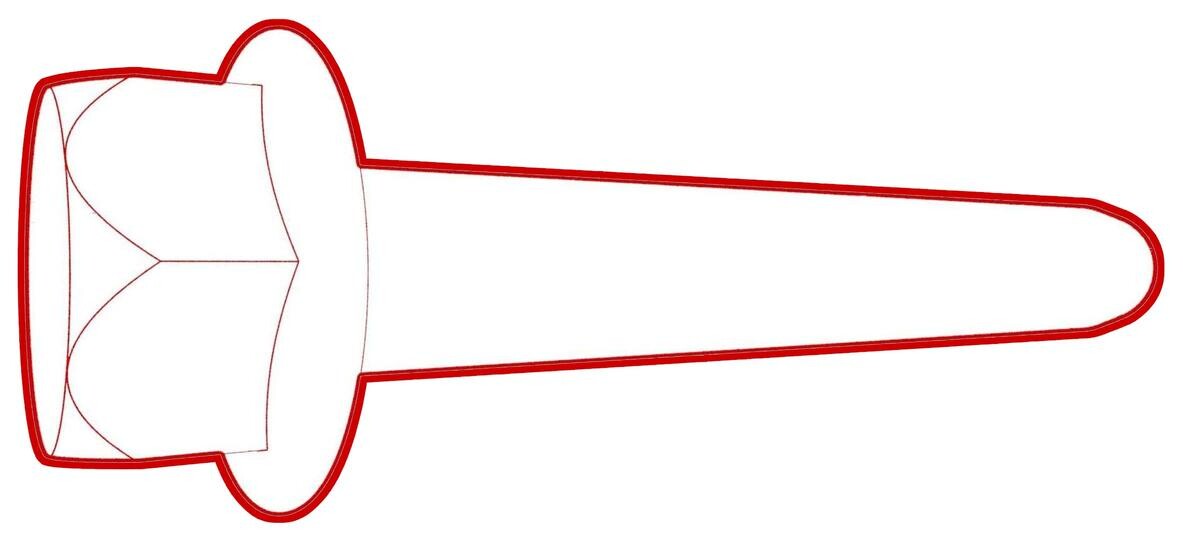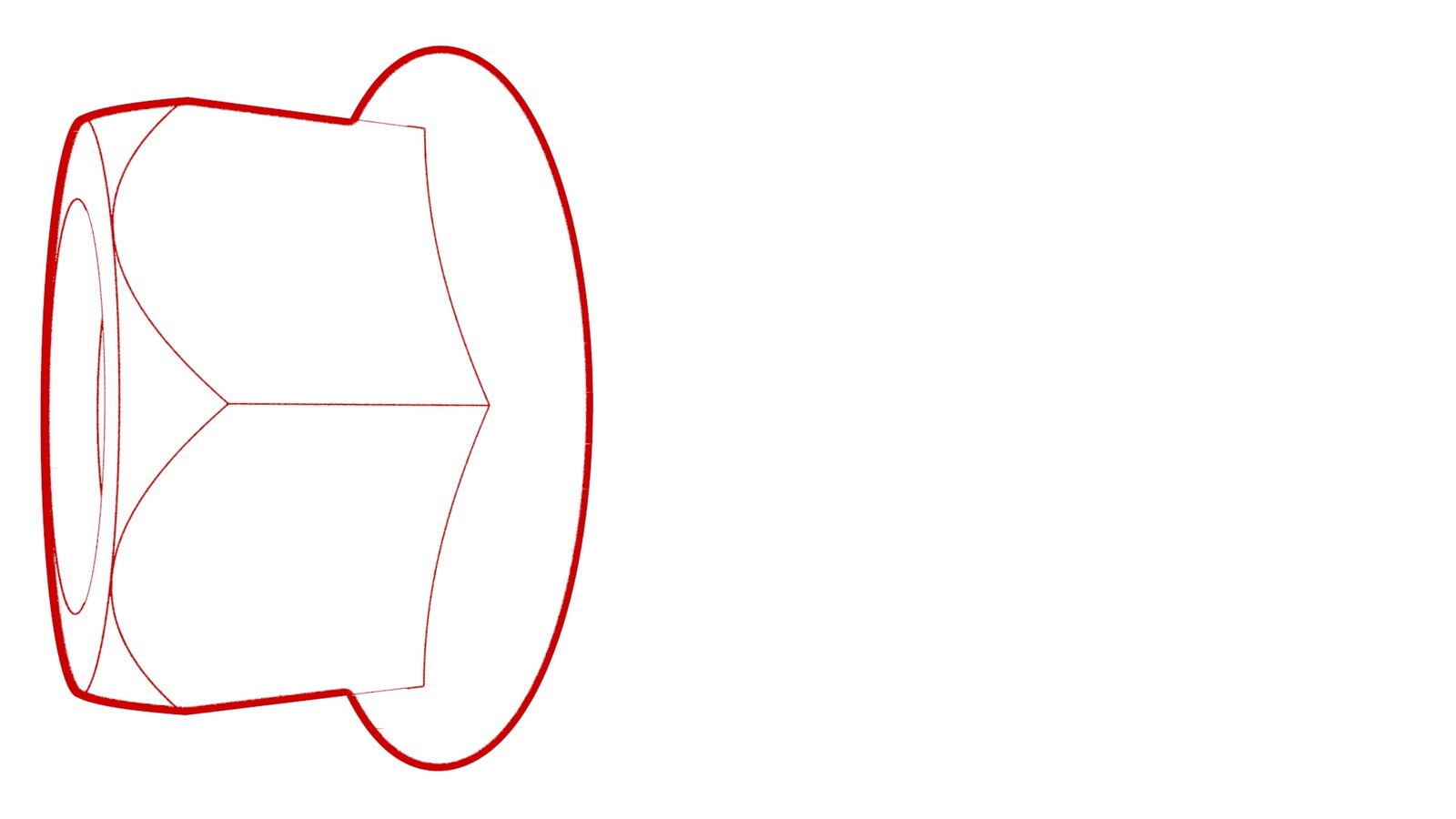Four Wheel Alignment Check (No Adjustment Needed) (Test/Adjust)
Correction code 31002100 FRT 0.30 NOTE: Unless otherwise explicitly stated in the procedure, the correction code and FRT listed above reflect all of the work required to perform this procedure, including the linked procedures. Do not stack correction codes unless explicitly told to do so. NOTE: See Flat Rate Times to learn more about FRTs and how they are created. To provide feedback on FRT values, email ServiceManualFeedback@tesla.com. NOTE: See Personal Protection to make sure you are wearing proper PPE when performing the procedure below. NOTE: See Ergonomic Precautions for safe and healthy working practices.
- 2025-02-04: Fixed incorrect link to Wheel Alignment section.
Equipment:
- 1096767-00-A SEAT COVER
- 1071271-00-A CHASSIS HEIGHT MEASURING TOOL
- 1049463-00-A STEERING WHEEL LEVEL
Procedure
-
Make sure the tire pressures are to specification.
NoteUse the tire sticker values displayed on the door jamb. If unavailable, use these values:
- 18 inch wheels - 42 psi
- 19 inch wheels - 42 psi
- 20 inch wheels - 42 psi
- Make sure that the alignment rack slip/turn plates are locked.
-
Disconnect the charging cable from the vehicle.
WarningDo not attach the charging cable to the charge port while the vehicle is on the rack.
- Drive the vehicle onto the alignment rack, and stop the vehicle approximately 6 inches before the turn plates to allow for rolling compensation.
- Shift into Park.
- Install wheel chocks.
- From outside of the vehicle, fasten the driver and front passenger seat belts, and shift into Neutral.
- Pass a shop towel halfway through the both door strikers, and use a pen to latch the doors.
- Raise the alignment rack to a working height and slightly lower to lock.
-
Check the torque on the bolt
and nut that attach LH and RH front lower lateral links to the LH and RH
front spring and damper assembly.
 106 Nm (78.2 lbs-ft)
106 Nm (78.2 lbs-ft) 106 Nm (78.2 lbs-ft)
106 Nm (78.2 lbs-ft) - Install the alignment heads onto the wheels.
- Remove the wheel chocks.
- Type the vehicle information into the alignment machine.
- Perform a rolling compensation and manually position the vehicle onto the slip/turn plates.
- Reinstall the wheel chocks.
- Remove the alignment slip/turn plate pins.
-
If necessary, calibrate the
ride height measurement tool.
- Use a tape measure to measure the height of the tool.
- If necessary, adjust the metal knob to compensate for the height of the tool (i.e., the tool should read "0 mm" after adding the height of the tool).
-
Measure the ride height at 4 locations which are an additional 75 mm towards the centerline from the vehicle lifting points.
- Check that the vehicle's ride height is within specifications. See Wheel Alignment.
- Install the brake pedal depressor and steering wheel bubble leveler.
- Perform a caster sweep, center and set the steering wheel using the bubble leveler and steering wheel holder.
- Print the vehicle alignment summary and verify that the alignment parameters are within specifications.
-
If the parameters are not
within specifications, discontinue this procedure and perform a four wheel
alignment adjustment. See Four Wheel Alignment Check and Adjust (Test/Adjust).
NoteAdd the adjustment to the Repair Order/Service Visit as an additional line item/activity.
- Remove the alignment heads from the wheels.
- Remove the brake pedal depressor.
- Install the alignment slip/turn plate pins.
- Lower the alignment rack to the ground.
- Unlatch the driver's door, shift into Park, and remove the steering wheel bubble leveler.
- Unbuckle the seat belts.
- Remove the wheel chocks.
- Remove the vehicle from the alignment rack.